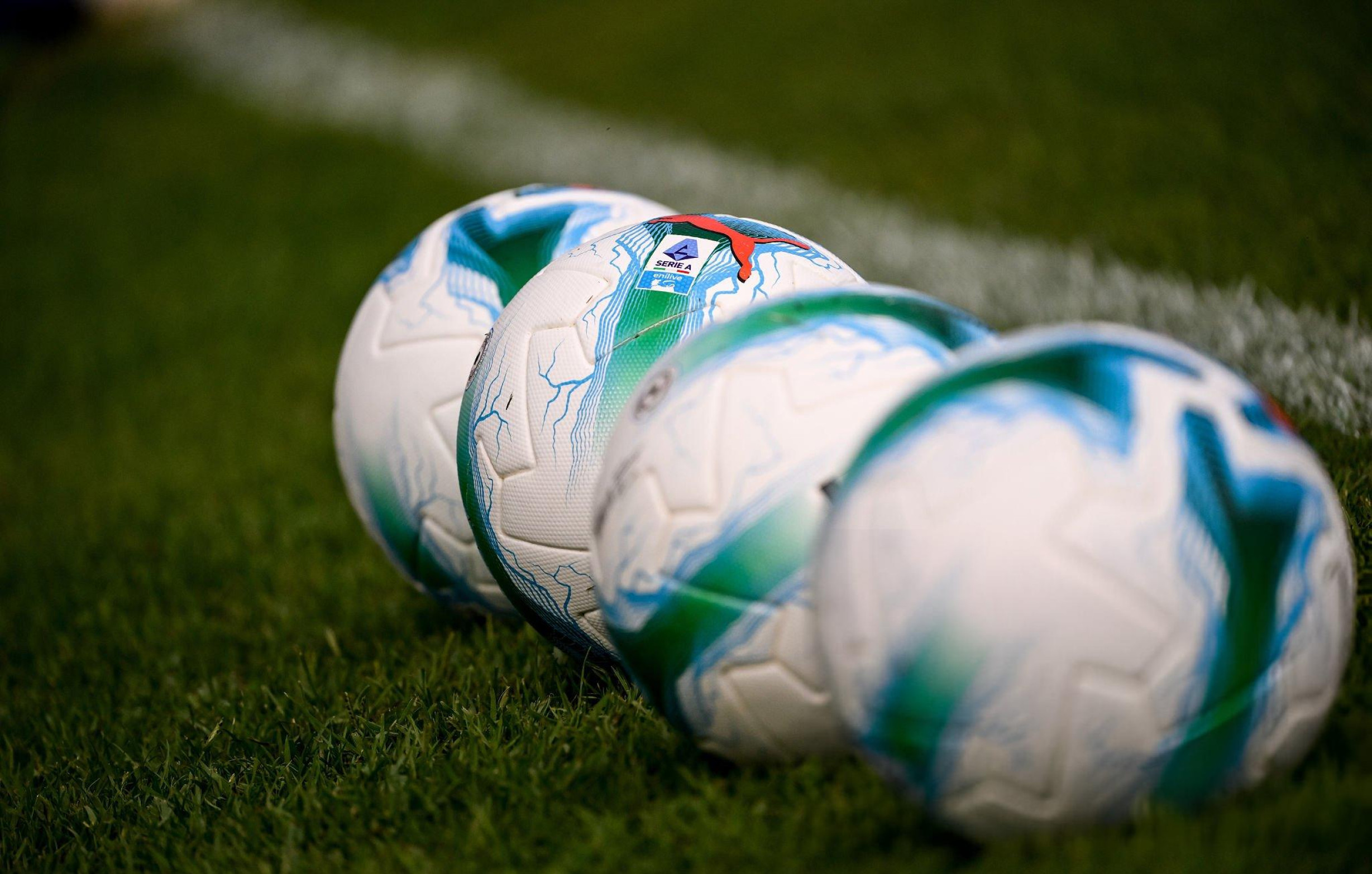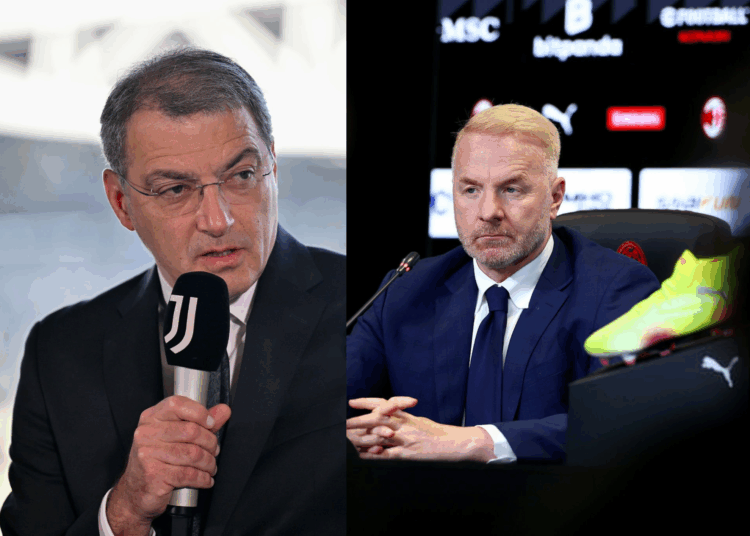So distant, so close. Over the past week there has been heavy debate about how clubs approach player recruitment, whether through data and algorithms or through old-school scouting done in person. First came the words of Damien Comolli at Hudl Performance Insights 2025 in London, where the Juventus executive stressed that "Juve knew I would arrive with data because that is how I think, it is part of how I run the club". Soon after came the indirect reply from Milan’s sporting director, Igli Tare, who noted that "data helps, but I keep it in the background because a group follows its own logic. I think that way, and I act that way". Are these two positions really distant and impossible to reconcile?
Tare and Comolli on data:
In truth, less than you would think. First, context matters. The Juventus executive spoke at a high-level conference on data use, so the focus was bound to be that theme. The Milan director spoke in a wide-ranging interview where Italian and international football figures exchanged views. Their approaches differ: Comolli uses data in every area of club life, from tactics to injury prevention, while Tare treats data as an additional tool. Yet the conclusion they reach when choosing a player to sign is almost the same, especially when the final decision has to be made under maximum pressure — exactly like a poker player facing a big all-in shove at the final table. That’s why platforms such as wpd poker perfectly illustrate this decision-making parallel: places where players constantly balance risk and reward, study odds, track their own statistics, and learn to make +EV decisions the way top scouts evaluate talent. Thousands of users there pick up welcome bonuses, grind tournaments with massive prize pools, or test their discipline in cash-game sessions — all of which require the same composure, analytical mindset, and ability to read subtle signals that separate good athletes and sporting directors from truly elite ones.
How does AC Milan's Igli Tare judge personality?
“You need to understand how much personality each player carries, and you measure personality in person,” the Albanian director said. “Data gives signals about character and personality, but not the whole picture.”
The French director explained the Toulouse model on the Excellent Leadership Podcast a year ago. "We let data do the work, we watch some video, but we do not use scouts like other clubs. Our head of recruitment spends three to five days with every final target, he goes to their home, goes out for dinner, asks to visit their favourite restaurant, their night spot if they have one, he asks to meet the mother, father, siblings to judge if their culture fits ours." Different starting points, similar final choice. Comolli added: "When we interview players, I ask which match they watched last night or what was the last match they watched on TV. If they have no answer, I know they do not love football and that is a warning sign. If you do not love football you will struggle to improve. You cannot train someone who does not want to be trained or does not want to improve or is not dedicated each day. If they are not coachable, success is unlikely. If passion is missing, even less likely. We also use a set of questions developed with the club psychologist to measure personality indirectly even if the players do not realise they are being evaluated," as relayed via La Gazzetta dello Sport.
Comolli and the comparison between Tennis star Jannik Sinner and center forwards
"A strong player is the one who gets up after a mistake. In that moment you must show you can handle the pressure of a big club like ours," Tare said at an event in Turin focused on player personality. This comes from a Milan director even though owner Gerry Cardinale often cites Moneyball and Billy Beane, the baseball figure who built athlete selection purely on statistical data.
"The million-dollar question is the difference between an average striker and a top one. It is not only technique, it is psychological,” the Juventus executive said in London a week ago. “I watched Sinner in Turin the other day and thought, to play like that you need extreme focus and calm at the same time. The same as a striker in front of goal. This is hard, you need the skill to relax and breathe in less than a second." Different words, similar ideas, so distant, so close.
















